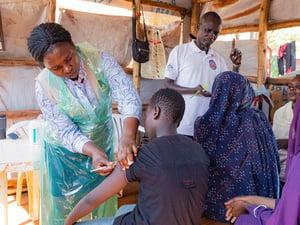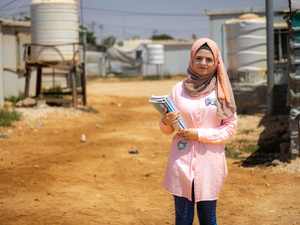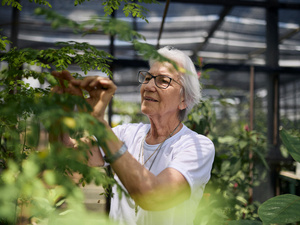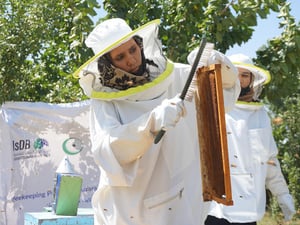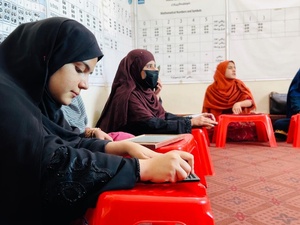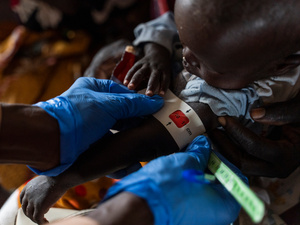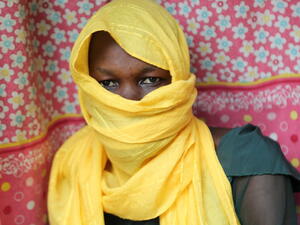Crossing to safety, and heartache
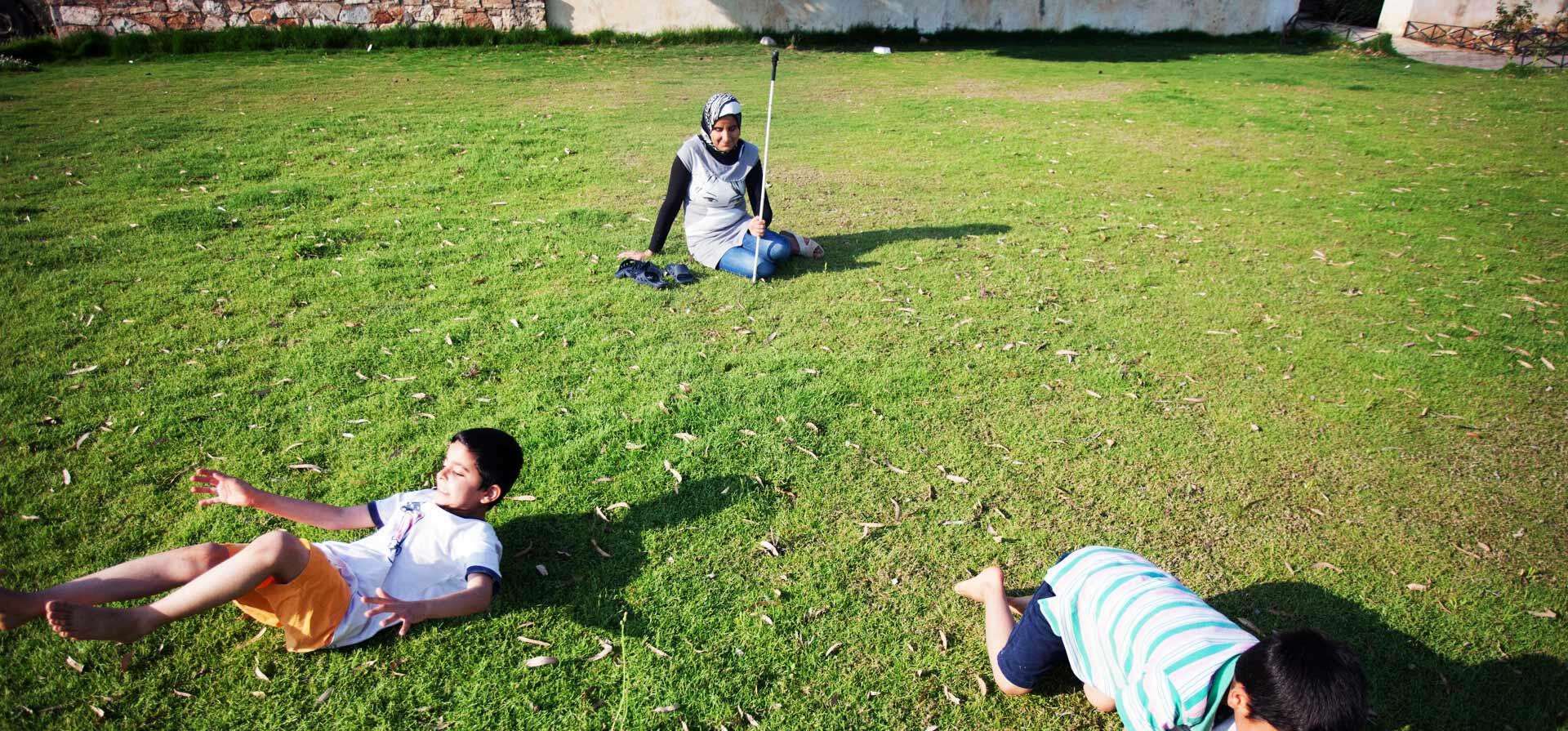
Crossing to safety, and heartache
LAVRION CAMP, Greece – Jihan is one of millions who have fled the violence in Syria. A mother of two, forced into exile. Like many, she escaped with her husband and children to Turkey, where they boarded a boat and risked everything during a treacherous journey to safety. Unlike most, she is blind.
At sea, the cries of her fellow passengers, the turbulent waves and the tightening clasp of her sons' hands told her all she needed to know. They had hoped to find land in eight hours. After nearly two nights, 34-year-old Jihan feared the worst.
"In those moments," she remembers, sadly, "I felt that I had taken my kids from one looming possibility of death to another."
Hungry, thirsty and afraid for their lives, the family finally reached the shores of Europe after a perilous 45 hours at sea. But they were far from their chartered route – stranded on the Greek island of Milos. Without support or assistance, they had to find their own way to Athens. "We had our kids with us and no food or water," says Jihan, whose husband Ashraf is also partially blind. "So we had no choice but to travel through the mountains."
In Athens, the police detained them for four days. "They told us we could not stay in Athens or three other Greek cities," she recalls, wiping away a tear from the corner of her eye.
By now exhausted and destitute, Ashraf set out ahead in search of asylum further north, while Jihan and the children headed to Lavrion camp, an informal settlement about 40 kilometres outside the Greek capital.
It was the first time that Ashraf and Jihan had been separated since they were 12.
"Given that we both do not see well, we truly do complete each other," Jihan explains, with a melancholy smile. "For example, when we have to buy an appliance, he chooses the colour because he can see a bit more than me, and I choose the model."
Now, nine months on, while Ashraf waits for his family to join him in Denmark, Jihan must increasingly rely on her seven-year-old son, Mohammad, to navigate their temporary home. Without an urgent cornea transplant, her left eye may close forever.
Her neighbours in the camp, mostly families with young children, are also suffering. "I thought given my special situation, the government would give us additional help," Jihan says, hopelessly. "But they help no one at all. There is a family with six children and a woman who has cancer here, but no one aids them. We are trapped."
Once, Jihan led a happy life in Aleppo, working in the public sector, with two sons and a loving husband by her side. Now, her only wish is for her family to be reunited. Although war drove them from their homeland, Europe has torn them apart.
"We came here for a better life and to find people who might better understand our situation," she concludes. "I am so upset when I see how little they do [understand]."











